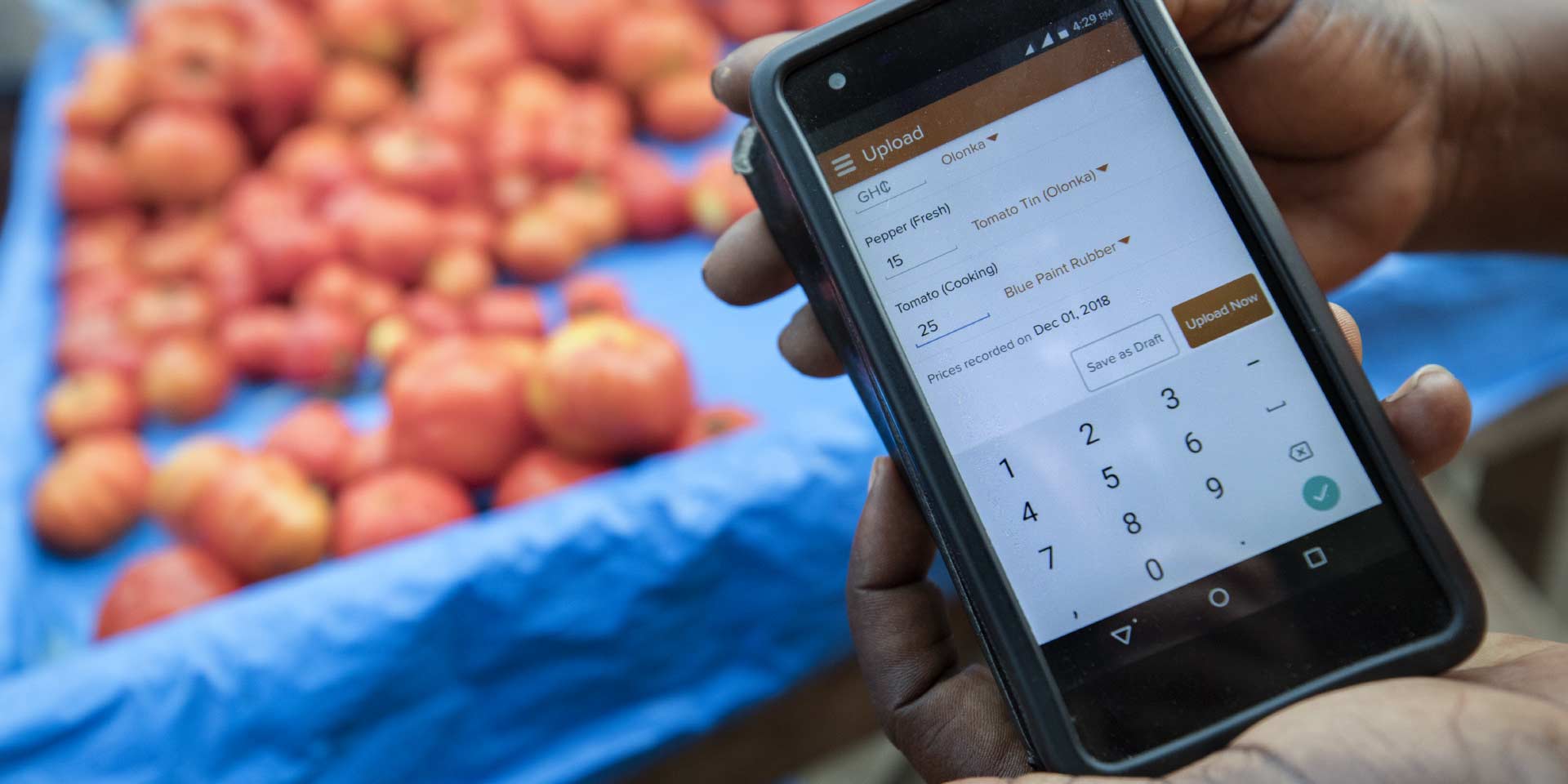By Seth Onyango
FinTechs will seize a greater share of the projected $250 trillion cross-border payments market, driven by rising demand for faster and cheaper transactions, according to Citi’s latest report. The Future Cross-Border Payments report shows payment volumes driven by demand for faster, cheaper, and more transparent services.
Fintechs expected to capture up to 15% of cross-border payments by 2027. And Africa is one region that is likely to see explosive growth.
“Asia and Africa are the hotspots for cross-border payments with expected growth
of 10%-15%, significantly higher than conventional markets,” said Matt Higginson, a partner at McKinsey, commenting on the Fintech disruption.
Small and medium-sized enterprises (SMEs) and consumer payments will drive new gains for Fintechs as they continue to chip away at banks’ dominance, according to the report.
Citi’s survey highlights the scale of the shift, revealing that 43% of financial institutions have already lost between 5% and 10% of their market share to Fintechs, with 89% expecting further losses in the future.
“The customer experience of instant, seamless, and well-integrated payments on e-commerce platforms is driving a shift in customer expectations for cross-border payments. With growing consumerisation, customers expect everything to be digital now, with instant settlement and at significantly lower or zero cost.”
This signals the beginning of a more competitive era, that will challenge even incumbents like Safarcom’s M-PESA and MTN Mobile Money (MoMo).
Already, players like Western Union and MoneyGram that most Africans relied on to wire cash back home facing a gradual market share decline despite digital growth.
Fintechs have made their mark in Africa by offering a superior customer experience at lower costs—something African SMEs are increasingly drawn to.
“A leaner business model that lowers processing costs and higher speed of instant settlement are key Fintech advantages,” Higginson quipped.
As the African continent becomes more integrated into global trade and investment, businesses are seeking faster, real-time cross-border payment solutions.
This growing demand is particularly evident in the SME sector, where traditional banking models have long been seen as slow and costly.
SMEs are vital to Africa’s economic growth, but they face significant barriers when it comes to accessing efficient cross-border financial services.
Historically underserved by large banks, African SMEs have turned to Fintechs for more agile and affordable solutions, including instant loans.
Fintechs’ use of technologies like application programming interfaces (APIs) and blockchain are transforming the payments landscape, enabling instant transfers, reducing fees, and offering greater transparency.
The African consumer payments market is also ripe for disruption, particularly with the continent’s growing middle class and expanding digital economy.
Cross-border retail payments, which represent a third of global revenues, are seeing higher margins driven by FinTech innovation.
In countries like Kenya and Nigeria, where mobile money solutions have already upended local payments, the same digital-first mindset is driving Fintech adoption in cross-border transactions.
Citi’s survey reveals that speed and cost are the two most important factors for clients seeking cross-border payment services.
Over 61% of respondents cited speed as a critical pain point, particularly as businesses increasingly require 24/7 payment availability.
Fintechs have capitalized on this by offering near real-time payments and eliminating many of the delays associated with traditional bank transfers.
In Africa, where many markets operate in different time zones and under varying regulatory frameworks, this speed is a game changer for businesses needing to move funds quickly across borders.
With Africa expected to see some of the highest growth rates in cross-border payments globally, the role of Fintech in facilitating this growth could further increase.
The region’s young, tech-savvy population is embracing digital platforms, further fueling demand for Fintech services.
Remittances from overseas, a significant source of income for many African households, are another area where Fintechs are making inroads, offering lower fees and faster transfers than traditional money transfer operators.
Advanced technologies like artificial intelligence (AI) and digital currencies are also expected to further shake the market.
In the cross-border payments space, AI is being used to predict cash flow needs and optimize liquidity management, allowing businesses to avoid costly delays and currency fluctuations.
As more African countries explore the potential of Central Bank Digital Currencies (CBDCs), Fintech firms are well-positioned to lead the transition to digital payments across borders.
For traditional banks, the challenge is clear. They must either innovate, partner with Fintechs, or risk losing more ground. “The game is always to see whether the start-ups get to scale before the incumbents learn to innovate,” says David Brear, CEO of 11:FS, a FinTech consultancy.
Africa’s banks are increasingly recognizing this, with many seeking partnerships with Fintech firms to deliver more efficient cross-border payment solutions.
Nonetheless, the competition between Fintechs and traditional banks will ultimately benefit African businesses and consumers by driving down costs and improving service quality.
bird story agency
The Citi report on the future of cross-border payments highlights the rapid growth and increasing market share of Fintechs, driven by the demand for faster, cheaper, and more transparent transactions. By 2027, Fintechs are expected to capture up to 15% of the projected $250 trillion market, especially in regions like Asia and Africa, which are experiencing explosive growth. Small and medium-sized enterprises (SMEs) and consumer payments are primary drivers of this trend, leading to significant losses for traditional banks. According to the report, 43% of financial institutions have already lost 5%-10% of their market share to Fintechs, with 89% expecting further losses.
Fintechs offer advantages such as lower processing costs, higher speed of transactions, and the use of advanced technologies like APIs and blockchain. This is particularly beneficial for African SMEs, which have historically been underserved by traditional banks. The growing middle class and expanding digital economy in Africa further fuel the demand for Fintech services. Additionally, AI and digital currencies are expected to enhance the efficiency and cost-effectiveness of cross-border payments. Traditional banks are now faced with the choice to innovate or partner with Fintechs in order to remain competitive.
In conclusion, the rising adoption of Fintech solutions is reshaping the cross-border payments landscape, providing faster, cheaper, and more efficient options for businesses and consumers, particularly in high-growth regions like Africa and Asia. The competition between Fintechs and traditional banks promises to drive down costs and improve service quality, ultimately benefiting the broader economy.






